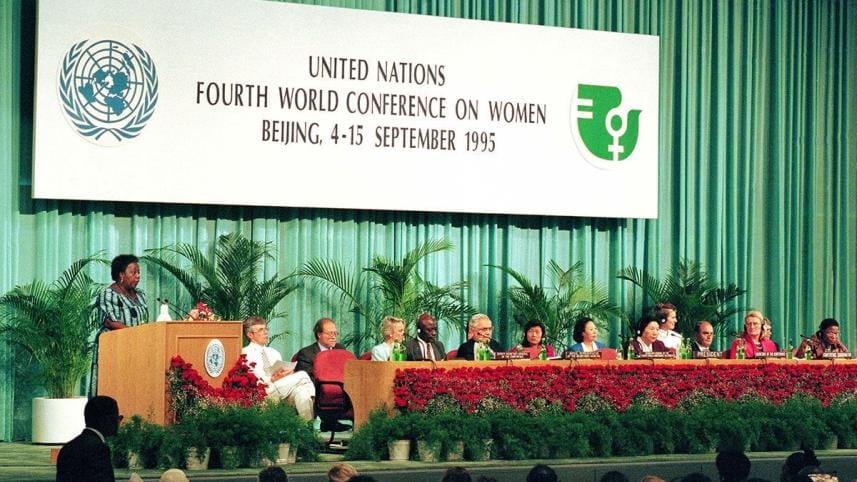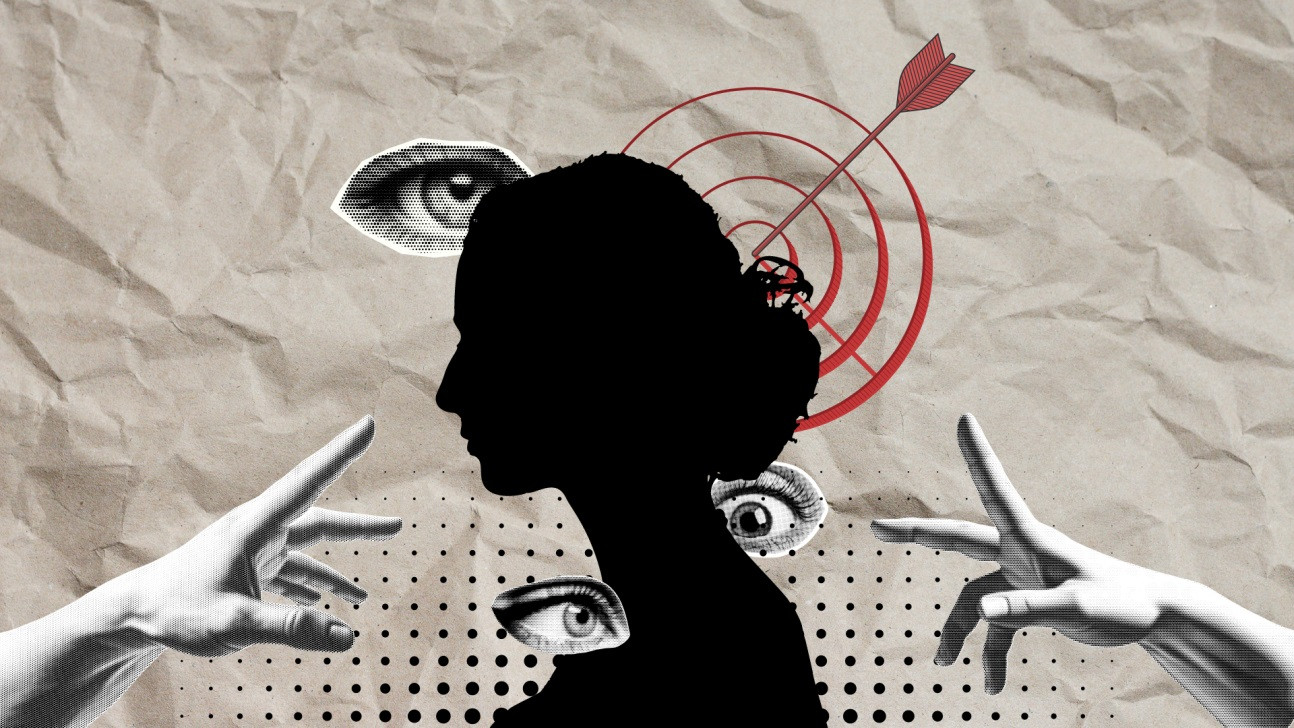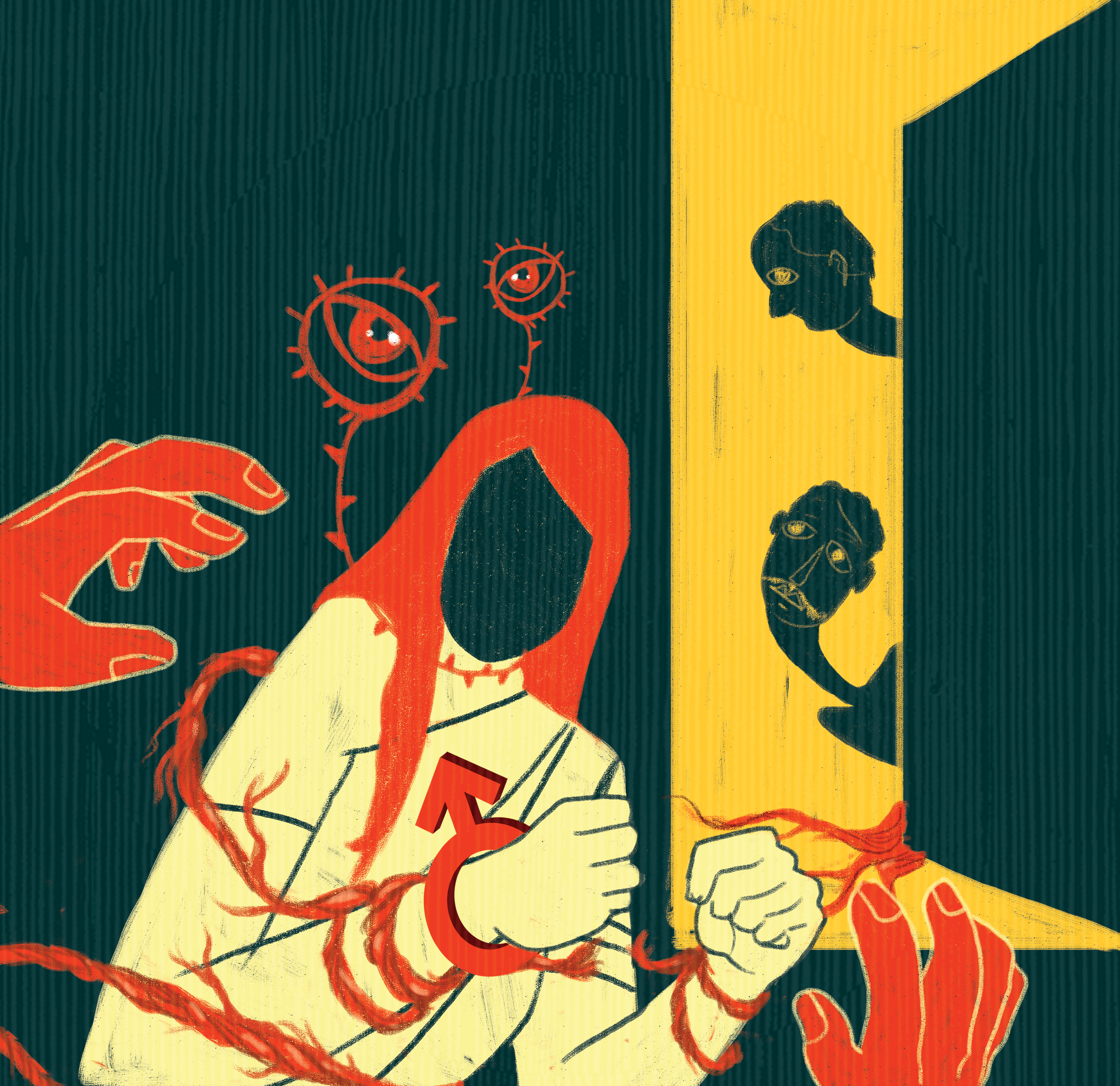The world is failing women and girls

The year 2025 marks the 30th anniversary of the Fourth World Conference on Women and the adoption of the Beijing Declaration and Platform for Action. The world today is more equal for women and girls than ever before. However, 30 years after the adoption of this historical and visionary blueprint for gender equality, we find ourselves at a place where progress does not match the commitments made. In some areas, progress has stalled or even reversed, and we see an increasing pushback on women's rights and gender equality globally.
The 2024 United Nations Secretary-General's Report on the review and appraisal of the implementation of the Beijing Declaration and Platform for Action and the outcomes of the 23rd special session of the General Assembly highlights persistent gender inequalities, including gender-based violence, economic and social barriers, and limited representation in decision-making and leadership. Furthermore, it notes that increasing conflicts and crises significantly hold back progress for women and girls on all indicators of sustainable development. Moreover, women and girls who experience multiple forms of discrimination, including based on age, class, disability, race, ethnicity, sexual orientation and gender identity, or migration status, have made the least progress, in direct contradiction to the commitment to leave no one behind.
Commitments have not been matched by action, investments, or accountability. Looking ahead, transformative policies leading to accelerated change remain necessary. The report highlights cross-cutting priorities for action, including removing discriminatory laws, prioritising integrated approaches, ensuring adequate financing, increasing women's participation in decision-making, supporting women's rights organisations, transforming social norms, harnessing the potential of technology, and closing gender data gaps—all while ensuring no one is left behind.
In addition, the report highlights specific actions to accelerate the implementation of the Platform for Action and the 2030 Agenda, clustered under six key areas:
1. Inclusive development, decent work and well-being,focusing on care services, family leave provisions, labour rights and entitlements for informal workers, reducing labour market segregation and pay gaps, and decent work.
2. Poverty eradication, social protection, and social services, focusing on social protection and public services, sexual and reproductive health and rights, gender-responsive technical and vocational education and training programmes, and sustainable financing for gender-responsive public services and social protection systems.
3. Freedom from violence, stigma, and stereotypes, focusing on women's access to justice, comprehensive and well-coordinated services for survivors, comprehensive, evidence-based, and long-term approaches to prevention, gender-responsive media and technology, norms of respect, non-discrimination, and equality, and ending impunity.
4. Participation, gender-responsive institutions and accountability, focusing on temporary special measures, national gender equality action plans, gender-responsive budgeting, safe and enabling environments for women's rights organisations and women human rights defenders, strong national machineries, eradicating discriminatory gender norms in political institutions, and eliminating violence against women in public life.
5. Peaceful and inclusive societies, focusing on inclusive peace processes, prevention of gender-based violence, sexual and reproductive health services, survivor-centred justice in conflict and crisis-affected settings, women's economic rights in the wake of conflicts and crises, and addressing the root causes of conflict, violence, and instability.
6. Environmental conservation, protection, and rehabilitation, focusing on gender-responsive environment and climate policies, gender-responsive infrastructure, full and equal participation of women in decision-making on natural resource management, disaster risk reduction and response, environmental governance, and climate action, and a regenerative economy.
The annual Commission on the Status of Women will hold its 69th session at the United Nations Headquarters in New York on March 10-21, 2025 to review and appraise the implementation of the Beijing Declaration and Platform for Action and the outcomes of the 23rd special session of the General Assembly. A delegation from the Bangladesh government as well as civil society organisations will attend the session. Member-states will adopt a political declaration on March 10.
We cannot afford to march backwards. To deliver on the promise of equality made to all women and girls in Beijing 30 years ago, we need zero violence, full and equal decision-making power, freedom from poverty, peace and security, climate justice, and a digital revolution. The time to act and push forward is now. A gender-equal world is within our control, should we choose it.
Gitanjali Singh is UN Women representative in Bangladesh.
Views expressed in this article are the author's own.
Follow The Daily Star Opinion on Facebook for the latest opinions, commentaries and analyses by experts and professionals. To contribute your article or letter to The Daily Star Opinion, see our guidelines for submission.




 For all latest news, follow The Daily Star's Google News channel.
For all latest news, follow The Daily Star's Google News channel. 


Comments